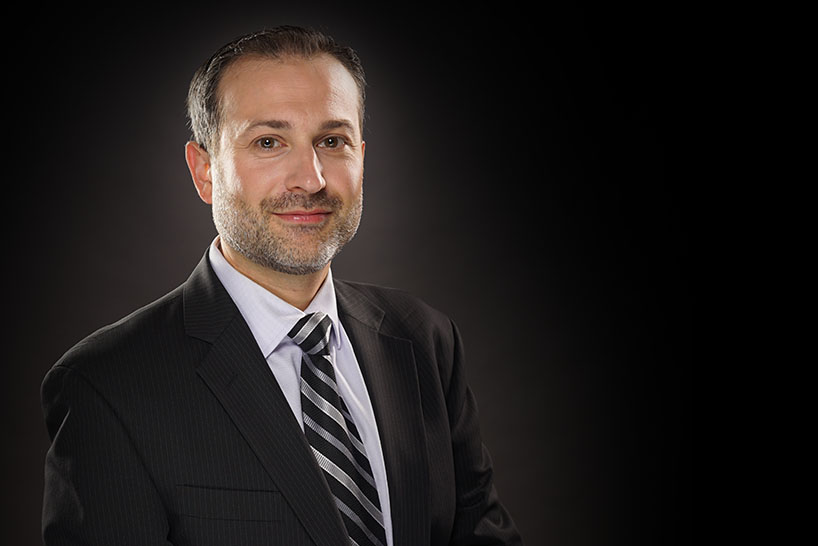What if I am sued in a personal injury case?
If someone claims your negligent behavior caused an injury, you will have your own lawyer, who will argue one or more of the following:
- You did not owe a duty of care to the plaintiff;
- You did not breach your duty of care to the plaintiff (you were not negligent); or
- The plaintiff did not suffer compensable damage (or suffered less than claimed).
In many circumstances, particularly those involving auto accidents, accidents on property you own, and medical malpractice claims, you will likely have insurance that covers you in case of accidents. Under your policy, you have assigned your defense of any claim to the insurance company, and its lawyers will defend the claim. Therefore, the first thing you should do, besides seeking medical attention for yourself (if you are injured), is contact your insurance company.
What if I think the accident was my fault?
Should I just be nice and admit my fault and try to negotiate a settlement on the spot? No. If you are in an auto accident or someone is injured on your property or a patient claims you were negligent, the most important thing is not to admit the accident was your fault. Admissions of guilt will be used against you in court. The less you say, the better. (Even non-verbal actions can be seen as an admission—for example, leaving the scene of an auto accident can be used as an admission of guilt.) You may think an accident was your fault when in fact it was not. Also admissions of guilt, depending on what you say, may undermine the coverage in your insurance policy if there are certain exclusions.
Bottom Line: If you admit guilt, your lawyer will find it difficult to argue you were not negligent. That would leave only an effort to try and reduce damages.
What if I am in an accident that isn’t covered by insurance?
You will need to contact an experienced defense attorney.
What if the person who injured me has insurance?
Insurance exists to protect people and companies from financial risks of harm, including the risk of having injured a person. In many instances, therefore, claims to recover for personal injury will involve insurance policies. For example, New York requires motorists to carry insurance. Mortgage lenders require property owners who borrow money from them to carry insurance. Businesses carry insurance to protect them in the event a customer is injured on their property. Doctors carry malpractice insurance. In each of these instances, if you are injured by an insured, and the injury comes under the insurance policy, the defense will be made by the insurance company.
When insurance is involved, your recovery may be limited by an insurance policy, unless the one who caused your injury has substantial additional assets. For instance, if the insured is not wealthy and has limited assets beyond the insurance policy, it would be difficult to recover more than the insurance policy maximum, even if you would be entitled to more.
I’ve been in an accident and may be sued for my wrongful conduct that injured another:
- Seek medical attention for yourself, if necessary
- Document the accident
- Contact your insurance company, or if you have no insurance, an experienced personal injury defense attorney.
Changes may occur in this area of law. The information provided is brought to you as a public service with the help and assistance of volunteer legal editors, and is intended to help you better understand the law in general. It is not intended to be legal advice regarding your particular problem or to substitute for the advice of a lawyer.
Our Lawyers

Gary K.
LRS Lawyer
Our lawyers are screened and approved – they have all gone through an application and interview process. Each lawyer we recommend has been screened for significant experience, knowledge of ethics codes and rules, and law office practices, including customer service skills and handling of fees and billing.
About Us
When you call us, you will be speaking with an attorney. One of our attorney referral counselors takes your call and talks with you about your legal question, or reviews your online referral request. There is no charge to speak with one of our attorney referral counselors -- we’re here to help.

